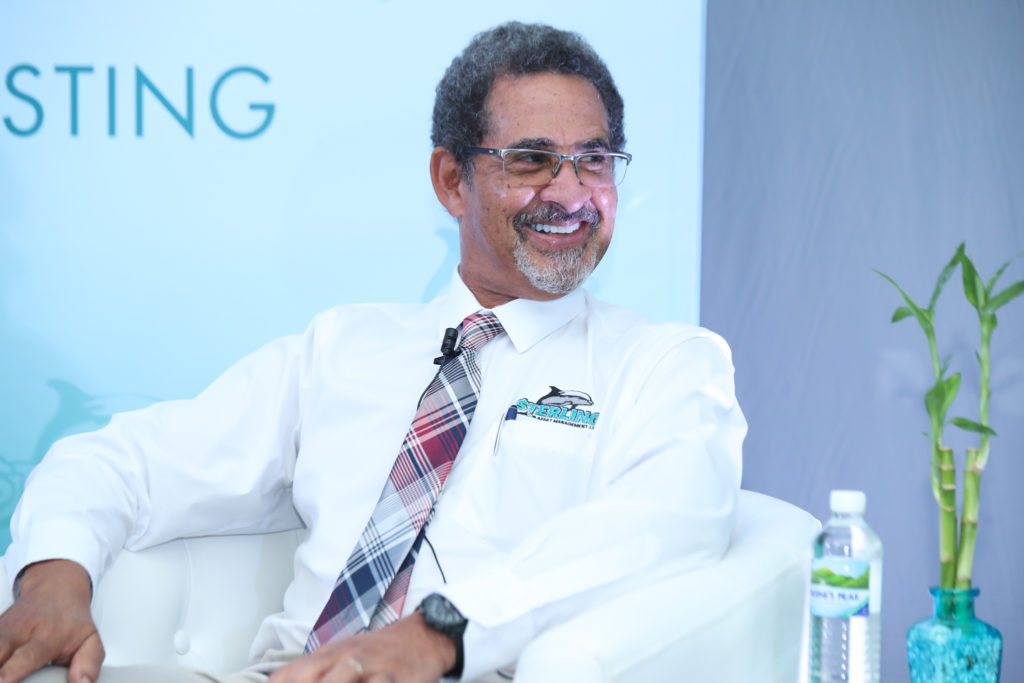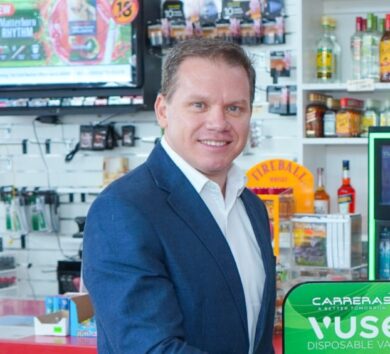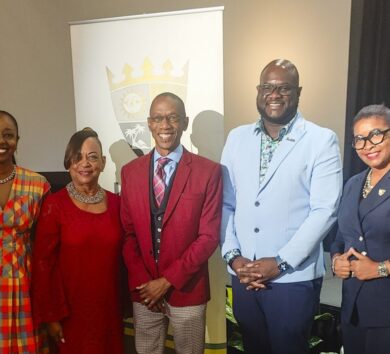

World Bank data indicates that Jamaica’s economy has grown at an average annual growth rate of 0.61 per cent per annum over the last 50 years.
Over the last five years, the economy has grown at an average annual rate of 0.55 per cent per year. The total gross domestic product (GDP) in 2022 was less than total GDP in 2019. The panel tried to answer the question “How to break the mould of 50 years of economic stagnation”.
The panel featured insights from a distinguished lineup of experts, including Sterling Asset Management’s president and CEO Charles Ross; Dennis Jones, former senior economist at the IMF; Dr Samuel Braithwaite, lecturer at the Department of Economics, University of the West Indies Mona, and Nataliya Mylenko, lead economist Caribbean region, World Bank Group.
Opinions on the solutions varied widely. Nataliya Mylenko noted that macroeconomic stability is necessary but not sufficient for growth. She noted that the largest sectors in an economy will have a significant impact on the growth rate. In Jamaica, services such as tourism and low-value retail cannot deliver very high growth rates. Mylenko also noted that many countries in the Caribbean are also facing this issue – agro-processing, and manufacturing – never took off in the region. The moderator later asked if the monetary policy position could be creating incentives to favour investment in these low-value-added industries.
Ross agreed that stability was not sufficient for growth and that more focus needed to be paid to monetary policy. He added that monetary policy is an important component of macroeconomic policy and has proven quite effective at driving exports in many South East Asian economies. He highlighted that an overvalued exchange rate constitutes a subsidy to imports and a tax on exports.
Jones argued that economic policies were not enough to “take a country along” and believed that social factors such as education played a role. He highlighted the political challenges associated with currency depreciation and the rise in the costs of inputs that exporters would experience. He went on to note that many of the larger exports are sold at negotiated prices e.g. bauxite – so they would not benefit from a depreciation.

Ross disagreed and indicated that this was a very powerful reason a flexible, market-driven exchange rate is needed.
“Exporters are price takers, so if costs are rising in their production environment but the currency is not adjusting for that, sooner or later the exporter would go out of business. That equation also affects returns and the attractiveness of the local economy for investment. If the exchange rate gets out of whack, what it means is that less investment takes place in their export sectors and that affects economic growth”.
Ross noted that exports are an efficient and proven way of growing an economy.
Jones and Brathwaite both noted that depreciation would cause retailers to increase prices and thus drive inflation. The moderator then asked if the rise in prices would cause demand to decline and therefore act to reduce inflation? Ross asked “if we are importing two per cent inflation from the US, why is our inflation 5-6 per cent? What about money supply growth?”
Braithwaite departed from traditional economics and instead underscored the significance of engagement with larger nations for smaller countries like Jamaica to stimulate growth.
He emphasised, “You cannot develop rapidly without engaging larger countries…Jamaica has always been a country where the big players come and extract resources – sugar, our people”
He later added that “the view that Jamaica’s exports will become cheaper with depreciation makes me cringe”.

He stressed, “Jamaica has a secret weapon, the Jamaican culture. People respect and love Jamaican culture and you can build on that”.
Sterling Asset Management’s annual investor briefing provided a platform for robust discussions and unveiled strategies to propel Jamaica towards unlocking its economic potential.
Ross advised his investors that US Global bonds were on trend for Q4 2024 and are “scheduled for redemption between now and the upcoming year.”







Comments